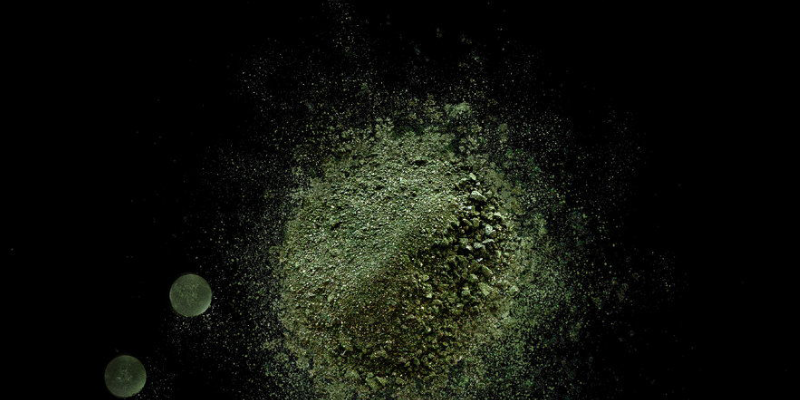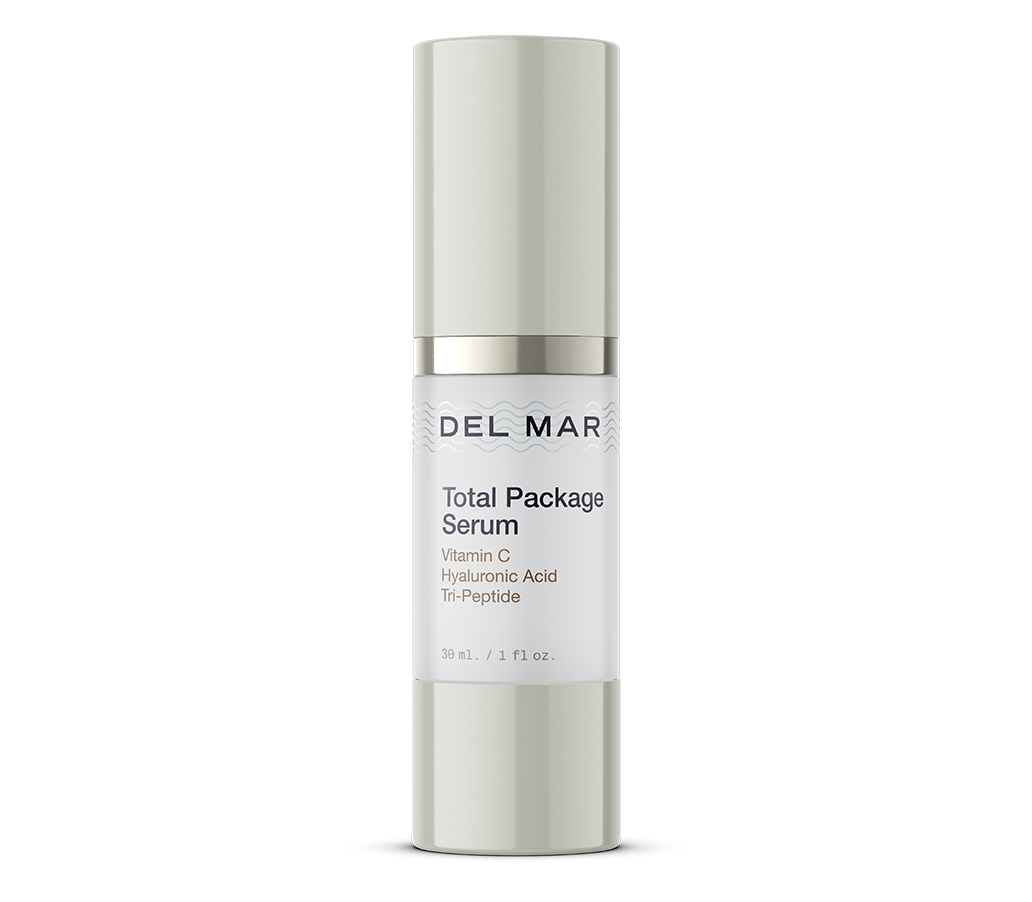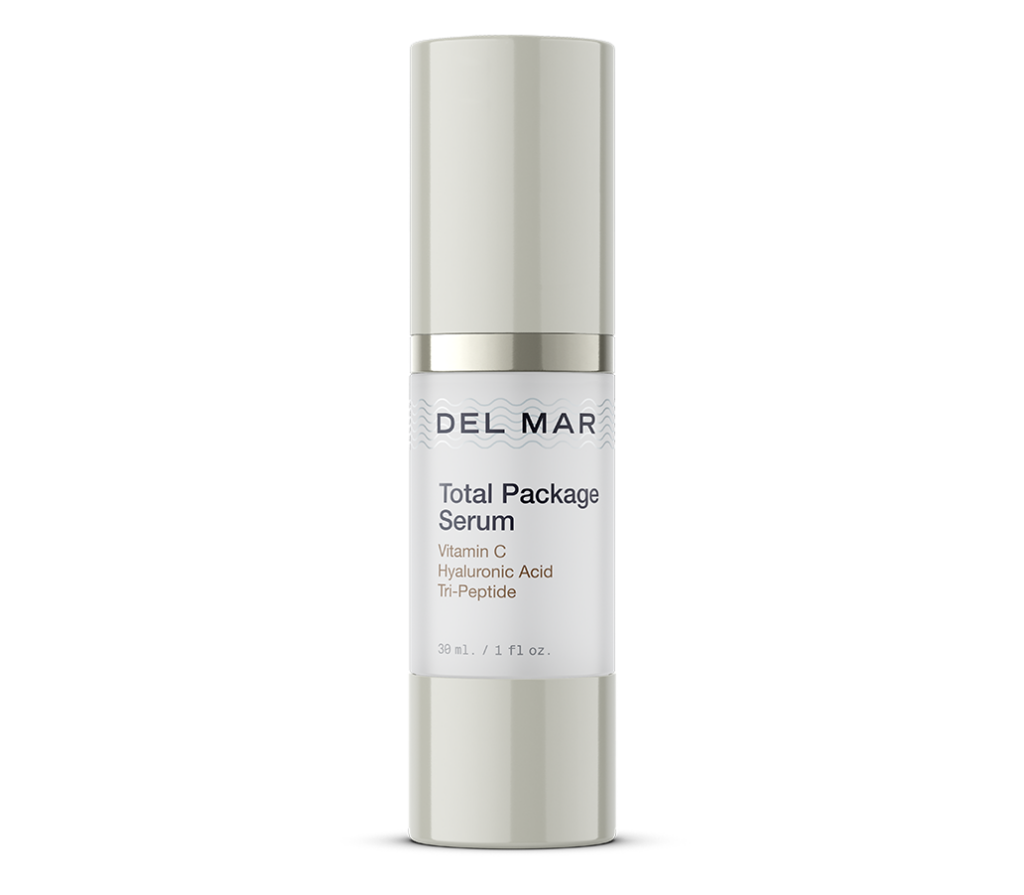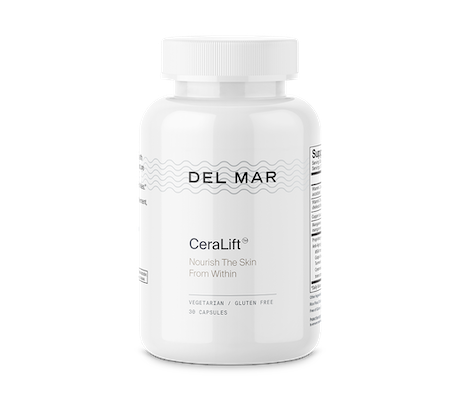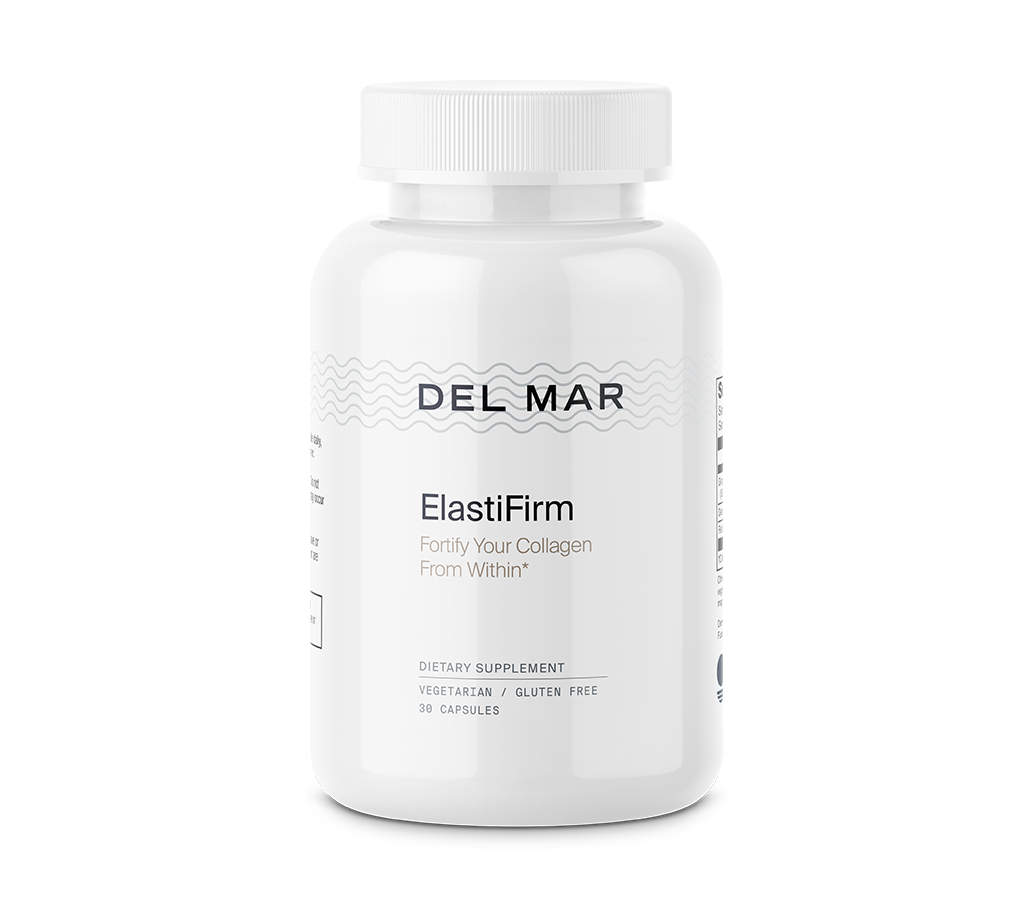It happens without warning… so subtly at first that it’s virtually impossible to notice. Then one day you realize how awful you feel. You have to drag yourself out of bed in the morning. Your knees and ankles complain when you climb the stairs. You feel gassy and bloated and uncomfortably irregular. And that’s just what you’re noticing… the real damage doesn’t show up in obvious ways… and it’s caused by something you’d never suspect…
Your body creates specific proteins designed to protect you – even save your life – when you’re in danger. They’re crucial players in your immune system, and when they get the “HELP!” signal, they respond by rushing to the scene immediately and to fix whatever’s wrong.
But these crucial proteins – called cytokines – have a deadly dark side. When these lifesaving compounds turn deadly, they can trap you in a painful disease cycle. Many mainstream doctors underestimate their damaging effects, even mistake them for “normal” signs of aging… but they couldn’t be more wrong.
When cytokines rampage out of control, they cause a condition called inflammaging – constant low-level inflammation responsible for those chronic diseases that crop up more as we age. That’s because long-term inflammation takes a terrible toll on every cell… every tissue… every organ in your body… including your brain and heart. And the damage caused by those overactive cytokines can lead to cancer, lung disease, Alzheimer’s, and even death.
Inflammaging spurs 70% of the leading causes of death in the U.S.
When Your Immune System Turns Against You
Our immune systems haven’t kept up with the times.
They know how to handle traumatic injuries (from paper cuts to broken ankles) and germs (like cold viruses and food-poisoning bacteria) – by sending out first-line defenders, special protein cells like cytokines, to react to foreign invaders. As they fight, the battle site gets inflamed – just like it’s supposed to so your body can protect the injured area, fight of any pathogens, and start the healing process. When that’s done, your immune system tells the cytokines to stand down, and your body goes back to its default healthy state.
But we’re just not equipped to deal with the constant insult of toxin exposure, 24/7 stress, processed foods, and radiation. These offenders keep your immune system on high alert all the time, so cytokines are called on constantly… and you always feel at least a little bit sick. That’s because your cytokines never get an “all clear” signal, so they just keep the inflammation going, even when there’s no real threat to fight.
That constant state of alarm leads to chronic inflammation – inflammaging – which can cause things like…
- Aches and pains that just won’t quit
- Low energy and fatigue
- Cloudy thinking and irritability
- Unexplained weight gain
- Gas and bloating…
And even dreaded conditions like arthritis, psoriasis, heart disease, and Alzheimer’s.
Most of that overactive inflammation behavior traces back to four specific cytokines:
- TNF-alpha
- Interleukin 1-Beta (IL-1β)
- Interleukin 6 (IL-6)
- Gamma-interferon (IFN-gamma)
And when they’re overactivated, these four proteins trigger a torrent of immune activity that wreaks havoc on your whole body.
Four Cytokines Spark Runaway Destruction
Chronic inflammation sets off devastating changes in your body – and that harmful cycle starts with the overactivation of four pro-inflammatory cytokines. That activity can cause rapid premature aging, cellular destruction, slowed wound healing, and life-shattering conditions like Alzheimer’s, diabesity, and cancer.
What’s more, overactivating any one of these four destroyers can trigger the others, creating even more inflammation. And calming them, so they work properly, can strengthen your immune system and reduce – even eliminate – your suffering.
TNF-alpha is supposed to be work as an early-targeting system for cancer cells and infectious pathogens, often recruiting other cytokines for full invader-killing power. But excess TNF-alpha helps cancer cells, even promoting tumor growth, and can interfere with proper blood clotting. Overactive TNF-alpha plays a role in inflammatory bowel diseases, cardiovascular disease, and diabetes.
IL-1β is supposed to help other immune cells to leave the blood vessels and move into damaged or diseased tissue. But when this cytokine runs rampant, it provoke chronic pain, gout, heart failure, and diabetes.
IL-6 is supposed to coordinate creation of the healing compounds your body needs to fight initial illness and injury, bringing both pro- and anti-inflammatory abilities to where they’re needed. But too much IL-6 production can lead to rheumatoid arthritis, lupus, and Crohn’s disease.
IFN-gamma is supposed to protect against disease by calling on natural killer (NK) cells and other immune cells that fight bacteria, viruses, and other pathogens. But too much IFN-gamma can cause persistent infections and help cancer cells evade the immune system.
Any of these overactive proteins can set off inflammaging and take a serious toll on your health and quality of life – and when they’re all running rampant at once, it takes even more powerful compounds to shut them down.
5 Anti-Inflammaging Compounds “Flip the Switch” to Promote Healthy Longevity
The secret to healthy longevity starts with turning off runaway inflammation. Quieting those overactive cytokines can stop inflammaging, halt its destructive path, and even reverse some of the damage that it’s caused.
And for a job that crucial to your life and health, you need effective, natural, side effect-free anti-inflammaging compounds, such as…
Omega fatty acids EPA and DHA have “significant lowering effects” on a variety of inflammatory cytokines, including IL-6, IL-1β, and TNF-alpha.
Curcumin has been shown to inhibit several inflammatory proteins, including IL-6, IL-1β, TNF-alpha, and IFN-gamma.
Tart cherry juice decreases TNF-alpha and IL-6 levels, even after strenuous exercise.
Boswellia protects precious brain cells by quieting pro-inflammatory cytokines including IL-6, IL-1β, and TNF-alpha.
Quercetin suppresses production of excess IFN-gamma and TNF-alpha.
And while these potent natural compounds keep those potentially dangerous pro-inflammatory proteins under control, they don’t prevent necessary and proper production – because when you really are sick or injured, you want these guys working for you.
Any of these five anti-inflammatory superstars can help reduce inflammaging… and together, they can rein in all of the four most detrimental runaway cytokines so you can feel healthy and strong every day.
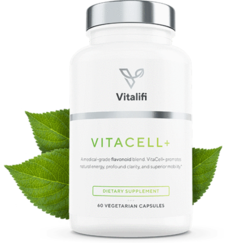
VitaCell+
Our Premier Supplement
This powerhouse flavonoid formula promotes balance in your immune system so you can feel energetic, clear, and comfortably mobile every day.
